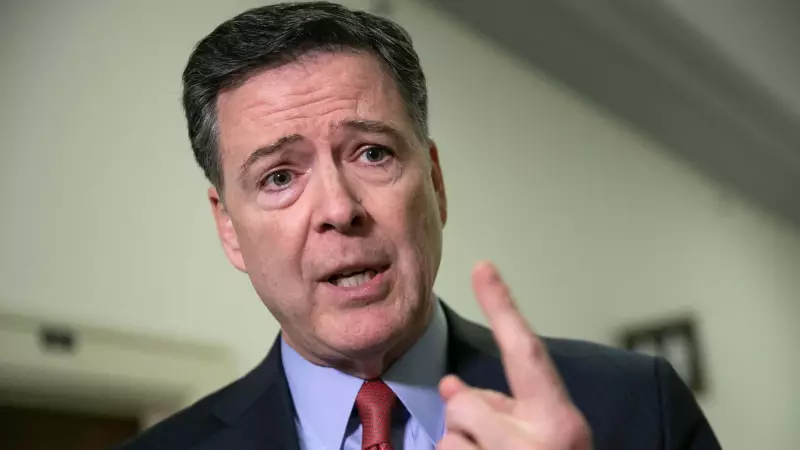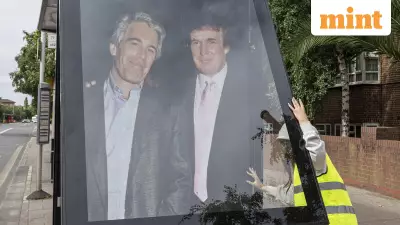
In a significant legal development, a United States federal judge has ordered the Department of Justice to disclose previously secret grand jury materials related to former FBI Director James Comey. The ruling comes amid findings of government misconduct during the investigation into Comey's handling of memos about his interactions with President Donald Trump.
Judge Finds Evidence of Government Misconduct
US District Judge James Boasberg issued the groundbreaking decision on Tuesday, compelling the Justice Department to turn over the sensitive records. The judge specifically cited evidence of government misconduct during the investigation process as the primary reason for his ruling.
The case centers around James Comey's memos documenting his private conversations with then-President Donald Trump. These documents became crucial evidence during investigations into whether Trump attempted to obstruct justice. The Justice Department had previously investigated Comey for his handling of these memos but ultimately decided not to bring any charges against the former FBI director.
The Legal Battle Over Secret Records
Conservative legal group Judicial Watch had filed a lawsuit seeking access to these grand jury materials under the Freedom of Information Act (FOIA). The organization argued that the public had a right to see these documents given the high-profile nature of the case and the serious allegations involved.
Judge Boasberg's ruling represents a substantial victory for transparency advocates. In his decision, the judge determined that the government misconduct was sufficiently serious to warrant the unusual step of releasing grand jury materials, which are typically kept confidential to protect the integrity of investigations and the privacy of individuals involved.
Potential Implications for Future Cases
This landmark decision could have far-reaching consequences for how grand jury materials are handled in cases involving government misconduct allegations. Legal experts suggest the ruling might establish a precedent for greater transparency when investigators themselves face accusations of improper conduct.
The Justice Department now faces the decision of whether to appeal the ruling or comply with the judge's order. Either choice will likely generate significant legal and political repercussions given the high-profile nature of the individuals and events involved in the case.
James Comey, who served as FBI director from 2013 until his controversial firing by President Trump in 2017, has remained a central figure in numerous investigations into Russian interference in the 2016 presidential election and related matters. The release of these grand jury materials could provide new insights into one of the most turbulent periods in recent American political history.





